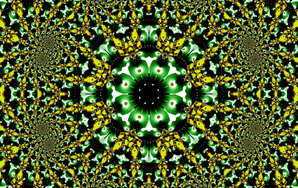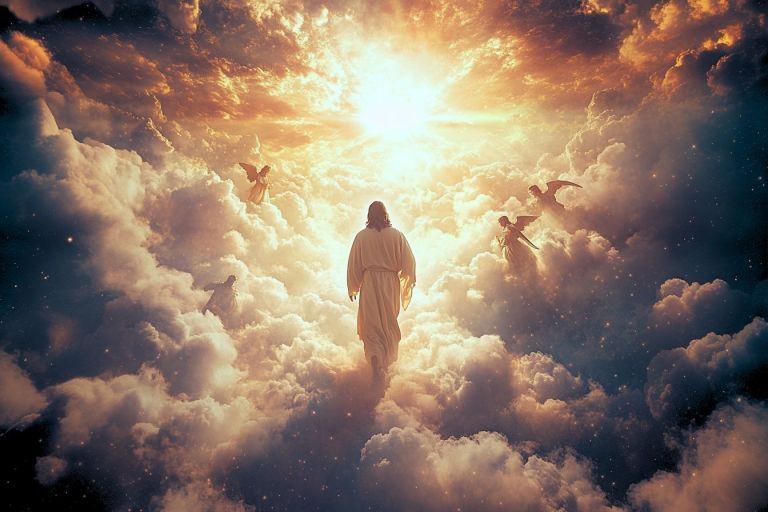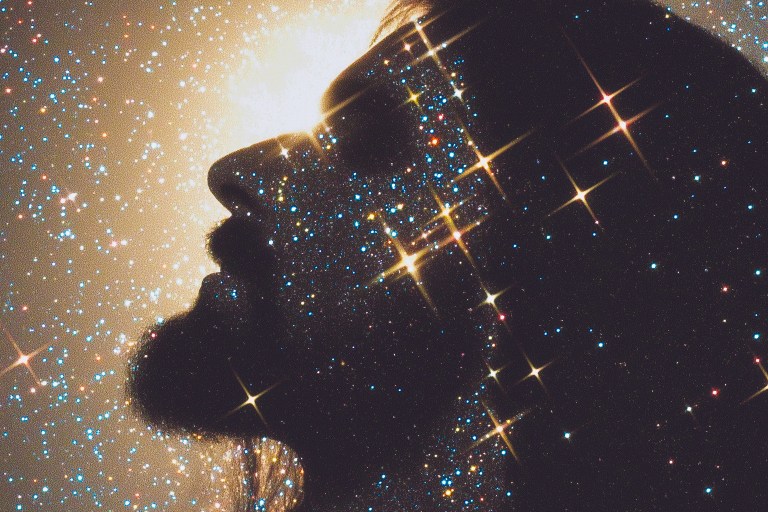
What It’s Like To Be Manic
The thing no one wants you to know is that mania is fun. It's great. It's how a lot of us function. It's how a lot of us succeed.
By ![]() Gaby Dunn
Gaby Dunn
When I am manic, I can’t sleep.
That’s a pretty typical sign of mania. You feel too buzzed and bubbled over with thoughts and ideas to let your body fall asleep. When I’m manic, it means I haven’t slept in days, and it’s not that I’m not tired, because I am — very tired — but my eyes won’t close, my brain won’t relax, my body won’t turn off.
I’ll close my eyes and my mind is whirring, wheels going, wood burning. I think: I have to write this essay or read this book or clean my drawers out or oh god, what if I wrote a musical? What if I started a Tumblr with pictures of dolphins in sunglasses? Why don’t I have an article up on McSweeney’s? I could do that! Why don’t I have a new show at the comedy theater? I could make that happen! I should do it right now. At 1 a.m. on a Tuesday. I should go to grad school for biology! I should apply to be a Fulbright scholar! I should move to Beijing! Let me Google all those things.
Then it’s three hours later and I’ve learned a few phrases in Mandarin and looked up good science graduate programs and bought a book on eBay about musical writing and none of this is actually useful. I’ve just made myself crazy with expectations and self-imposed “musts.”
When I am manic, I am also a flirt. I see everyone as a potential sexual partner. I wrap my self-worth in whether or not I can get someone to flirt back. I put all my (literal) eggs into getting someone’s (anyone’s) attention. When I am manic, I want to be wanted.
In college, I was put on medication for this condition that made me have a hysterical, tearful panic attack on an airplane. That is also part of being manic. There’s the downside. The swing back. The pendulum coming back around to immense sadness and lack of hope. I’ve laid under my covers for four days in the dark, until my mom sent my ex to come drag me out of bed. I’ve hidden out in my brother’s suburban house for a week, a weird ghost in pajamas lurking his hallways, unresponsive. I’m PRODUCTIVE and then I am numb.
In an interview with the AV Club, comedian and author Chris Gethard talked about the bizarre benefits of his bouts with mania and depression, which was increasingly bad for him from the age of 18 to 23. Gethard accurately, in my opinion, describes mania as “the best” and addicting. When you’re manic, you fail to see the downside you should know is coming.
“You know how to talk to everyone, you do all these risky things,” Gethard told Jesse Thorn. “Mania is fun. I won’t lie, it’s fun. But it’s usually followed by a soul-crushing depression… I look back and think, ‘Man, I was completely unhinged.’ It seems funny and fun, but I was just not in control.”
When I am manic, I work a lot. I get a lot done. In between crazy flights of fancy, I actually accomplish some of the things I’d been putting off. Who wouldn’t want that? It’s like a super power. A really dangerous, out of control super power. Like Cyclops before he got the headband sunglasses that keep his laser eyes in check.
Another comedian Stephen Fry, has also talked about mania in his 2006 documentary The Secret Life of the Manic Depressive. All of the bipolar people interviewed for the doc, even those who’ve suffered a great deal, said that if they could choose to not be manic-depressive, they would not.
At first, I found that bewildering. People with mania are sick. We are sick. We can be treated with medication and therapy. (I go to therapy, but I don’t take meds.) I thought about Fry’s question as it pertains to myself. If I could chose not to be manic, would I? I’d lose the depression and the feeling I often have that I can’t trust myself, that uncertainty of whether this is actually a good idea or whether I’m just high on my own chemicals, the unflinching confidence that gets me into trouble.
I’d also lose the drive, the productivity, the motivation, the work. When I’m manic, I accomplish a lot in very little time. Like Gethard said, the thing no one wants you to know is that mania is fun. It’s great. It’s how a lot of us function. It’s how a lot of us succeed. But it’s also a mental health condition. It worries my parents. It cut chunks out of my ex-boyfriend’s life and priorities. It hurts me — through bad decision-making, through agonizing over not being able to trust my own brain, through sleep deprivation, through lack of appetite/hunger pains, and through panic attacks that physically sit like a painful weight on my chest.
Maybe the question in Fry’s movie bothered me because my secret is, even with all that, I’d stay manic. Because deep down I wonder: what am I without it? 











